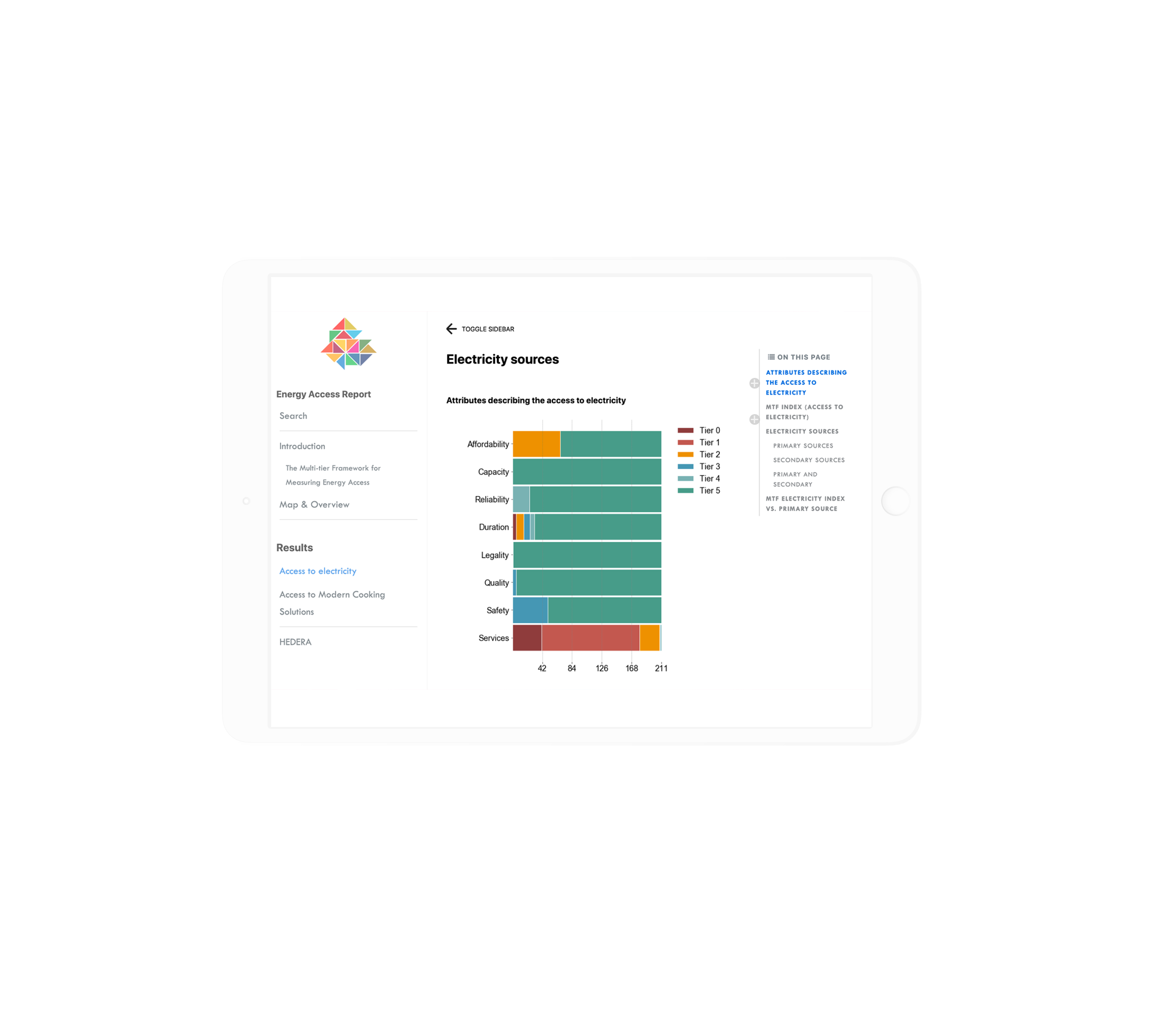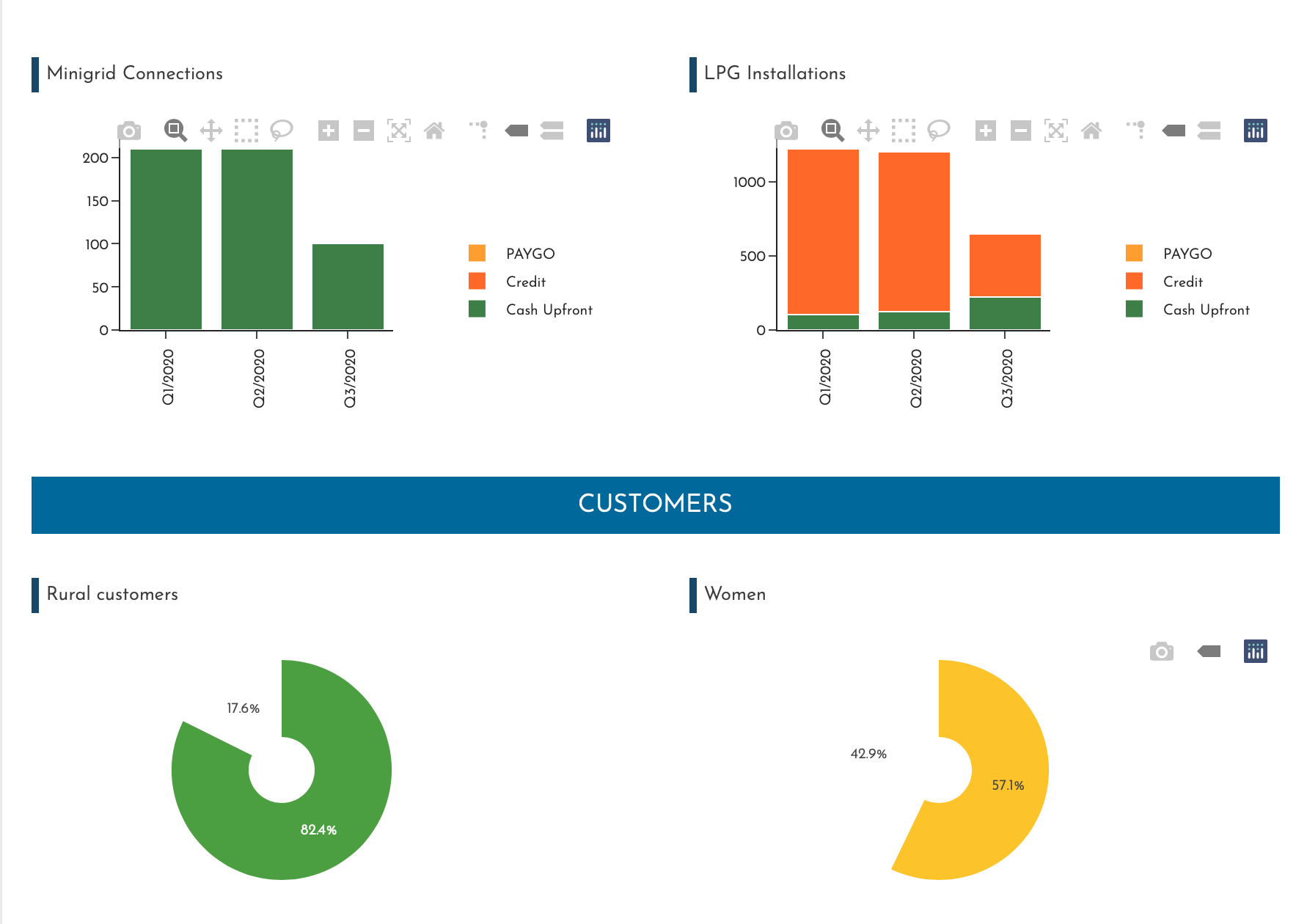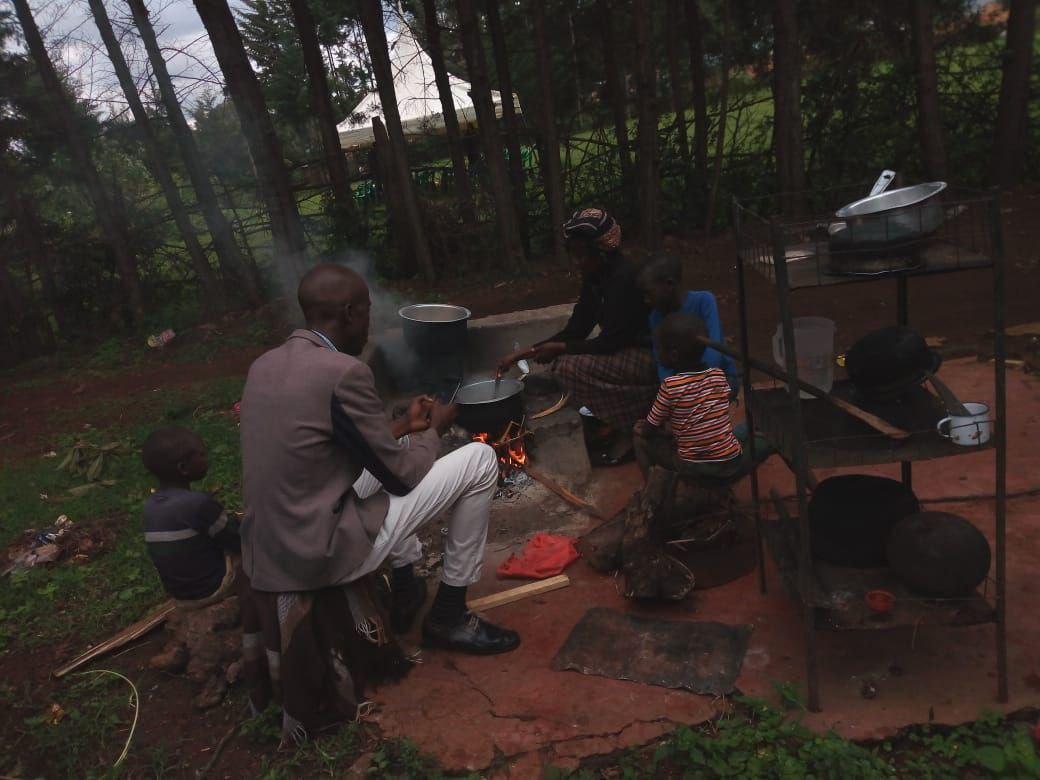Your organization is fully committed to improving your customers’ quality of life. The testimony of a few clients is just the tip of the iceberg of what you are truly achieving. Monitor your clients’ progress based on reliable data, and set your next goals.
Impact Investors
With HEDERA, you will be able to efficiently screen investees and find the ideal partners, as well as monitor the impact of your funding programs.
Financial Institutions
Our solutions help inclusive finance institutions implement data-driven and cost-efficient market assessment studies, generate SDG-aligned impact reports, and find the right investment partners.
Basic Service Providers
HEDERA will assist you in developing impact assessment pipelines and establishing robust partnerships with financial institutions and impact investors.

MOBILE APP:
FIELD DATA COLLECTION
Our mobile survey application enables quick and easy data collection in the field.
No internet coverage required.
- Forms based on latest SDG standards are already included in the app.
- Your own forms and questions can also be integrated.
- Easy to install and use.
- Minimal training required. Loan officers can easily conduct the survey.
- Household data collection in less than 10 minutes. Every household can be covered.
THE DASHBOARD:
DATA MAPPING AND VISUALIZATION
The dashboard visualizes the collected data in real time, based on the surveys you have undertaken.
- Locate your clients and identify their needs, see the work of your loan officers,
and filter your clients according to specific indicators.
- Get an overview of the data collection campaigns.
- Track your impact.
- SDG7 (energy access) data are analyzed according to the
ESMAP Multi-Tier Framework.
- SDG6 (WASH) data can be reported according to the
UN/WHO JMP
service ladder approach.
- SDG2 (No hunger) data are analyzed according to the
Food Insecurity Experience Scale (FIES)
approach, developed by the FAO.
- SDG5 (Gender equality) data are analyzed following the
Women Empowerment in Agriculture Index (WEAI)
proposed by the International Food Policy Research Institute (IFPRI)


THE DIGITAL REPORT:
SHARING YOUR ACHIEVEMENTS
Digital reports are instantly generated based on your field data.
- Reports are automatically generated based on the latest collected data.
- You can create and select interactive graphs and chapters and report what matters to
your partners.
- Digital report available as PDF or interactive, navigable web page.
- Accessible anywhere through a URL.
- Relevant impact indicators
are calculated automatically based on the data collected.
Consolidated all in one place, ready to report.
REFERENCES
UNCDF Uganda aims to capitalize on new
business opportunities and innovations in order to enable clean energy businesses to
thrive and meet the needs of the country’s decentralized energy market.
Through
the Renewable Energy Challenge Fund (RECF), UNCDF’s global CleanStart Programme has
provided funding and technical assistance to 22 clean energy companies in Uganda.
These companies promote technologies such as efficient cookstoves, briquettes as
cooking fuel, and solar home systems, lamps, microgrids, and pumps.

In this project, HEDERA is providing its digital tools — HEDERA Impact Toolkit and HEDERA connect — to 10 RECF companies and UNCDF in Uganda. With these tools, companies can digitally collect, analyze, and report their data, without the need for external experts or significant training. The tools will help the companies digitize their processes and improve their operational efficiency. The intervention will also enable both the companies and UNCDF to track their progress in improving their target market’s energy access and measure their impact in terms of defined Key Performance Indicators (KPIs). The tools are being adapted based on the companies’ processes and UNCDF’s KPIs for the CleanStart Programme.
CARE International has been working
in Peru since 1952. Among other programs, CARE provides livelihood support through
finance and technical assistance for small ventures. The primary objective of CARE Peru’s Ignite Initiative is to help
Peru's micro and small businesses, and, in particular, women microentrepreneurs -
called Striver entrepreneurs -, develop through a package combining financial
products, training, and non-financial support tailored to the entrepreneurs’ needs.
The initiative aims to contribute to the creation of employment and increase the
collective and individual well-being of Strivers in Peru.
Under the Ignite Initiative, CARE Peru conducted a two-month exploratory study on
the COVID-19 pandemic’s impact on micro and small businesses, consisting of a
telephone survey with the HEDERA collect mobile app with a sample of entrepreneurs,
clients of a Microfinance Institution in Peru.
Students from Universidad del
Pacífico surveyed over 120 microentrepreneurs. Remote training to the students was
provided, with the support and coordination from CARE Peru. The survey progress and
results were tracked on the HEDERA digital dashboard and a final report of the
detailed data analysis.
The methodology of the study was of an exploratory-descriptive type. The collection
of information was carried out through a semi-structured telephone survey, which
included both closed and open questions, both quantitative and qualitative. Basic
information was collected from microentrepreneurs who had participated or who had
participated in projects executed by CARE Peru, initially in Tumbes, Piura, La
Libertad and Junín.
The objective of this project was to analyze access to energy (electricity and
modern cooking solutions) in rural areas of the Democratic Republic of Congo. The
study was implemented by APIDE, a local NGO working in the regions of Kitutu,
Kaituga, and Mwenga, in the eastern part of the country, about 150 km from the
border with Burundi and Rwanda.
Data collection, processing, and visualization
were carried out using the HEDERA Impact Toolkit.
Relevant information concerning the use, associated costs, and various attributes of
access to electricity and cooking solutions was collected from households APIDE is
working with in remote rural areas using the HEDERA collect mobile app. HEDERA
provided digital material for remote training on the app. APIDE field staff were
trained during a one-day workshop (held by a member of APIDE). Over a period of 10
days, more than 220 households were surveyed (the surveys covered household rosters,
electricity assessment, and cooking solution assessment).
Aiming to support Solar Today
in improving its field operations and impact assessment processes in Uganda, HEDERA
partnered with UNCDF to provide
Solar Today access to HEDERA’s tools. After analyzing Solar Today’s processes, it
was decided that the tools would be customized in order to facilitate the
digitization of Solar Today’s client assessment, contract closure, and
post-installation report. HEDERA provided three different mobile surveys and
tailored its software to automatically generate customer files, which were made
available to Solar Today staff.
A thorough analysis of the types of data collected by Solar Today was carried out,
in order to identify areas where HEDERA’s data collection and analysis tools could
be helpful. Solar Today provided examples of forms used in the field. All forms were
reviewed and digitized, providing mobile surveys and PDF-templates to be
automatically filled in. The HEDERA collect app was installed by Solar Today field
staff, with coordination and support from the head office and HEDERA.
Solar
Today staff received access to the processed data (PDF version of contracts,
assessment forms, and installation reports). The company plans to further implement
the digitization of its processes using the HEDERA Impact Toolkit.
The purpose of this pilot study was to collect a large amount of household data
within a few weeks and analyze the household energy (electricity and modern cooking
solutions) access of a sample of clients of the Mexican MFI Te Creemos.
Data
collection, analysis, and visualization were carried out using the HEDERA Impact
Toolkit.
Household data on the use, associated costs, and various attributes of
access to electricity and cooking solutions was collected from Te Creemos clients in
remote, rural areas using the HEDERA collect mobile app.
The HEDERA staff trained the head of Te Creemos’s IT department on how to install
the mobile app, and the IT department remotely assisted 100 loan officers in 82
different offices in installing the app and trained them on how to use it.
In
one week, the loan officers surveyed over 500 households (the surveys covered
household rosters, electricity assessment, and cooking solution assessment).
For more information and preliminary results, take a look at our portfolio
Microbanco Confiança is a
microfinance institution, established in 2017, providing small loans to smallholder
farmers and entrepreneurs in the rural areas of Maputo Province in southern
Mozambique.
The aim of this pilot study was to assess the level of energy access
of a sample of Microbanco Confiança clients and test the applicability of the HEDERA
Impact Toolkit (including the HEDERA collect mobile app and the software for data
analysis and evaluation) in the target peri-urban region, as well as digitize the
client assessment form, to be used by loan officers. The data collection was carried
out by two loan officers, in the offices of Boane and Magude.
HEDERA conducted a training-of-trainers (ToT) session, providing capacity building
and tools to the financial institution's Operations Director, so that this person
could train the field staff. The agencies selected were mostly based in peri-urban
areas, where power outages affect most of the population.
The pilot served as a
medium to assess the viability of developing a green financial product (and future
negotiation with energy suppliers) for the institution's clients.
As a pioneer microfinance institution in Peru offering green credits within the
framework of its Renewable Energy Solutions Program (SER – Soluciones de Energía
Renovable), Cooperativa
Fondesurco focuses on providing the underserved rural population better
access to clean energy and energy efficient technologies.
The aim of this pilot
study was to assess the level of household energy (electricity and modern cooking
solutions) access of a sample of clients of the Peruvian financial institution
Fondesurco, in order to obtain insights and relevant information concerning energy
needs, usage, and expenses. Data collection, analysis, and visualization were
carried out using the HEDERA Impact Toolkit.
Installation of and training on the HEDERA collect mobile app were done remotely.
Surveys (household rosters, electricity assessment, and cooking solution assessment)
were conducted remotely with 137 rural clients via telephone from Fondesurco’s head
office. After the survey data was collected over the phone, loan officers collected
the GPS coordinates of the surveyed households in the field, and GPS data were
merged with other survey data.
The study provided valuable insights into the
quality of electricity that Fondesurco clients were able to access and supported the
decision-making in the SER program.

